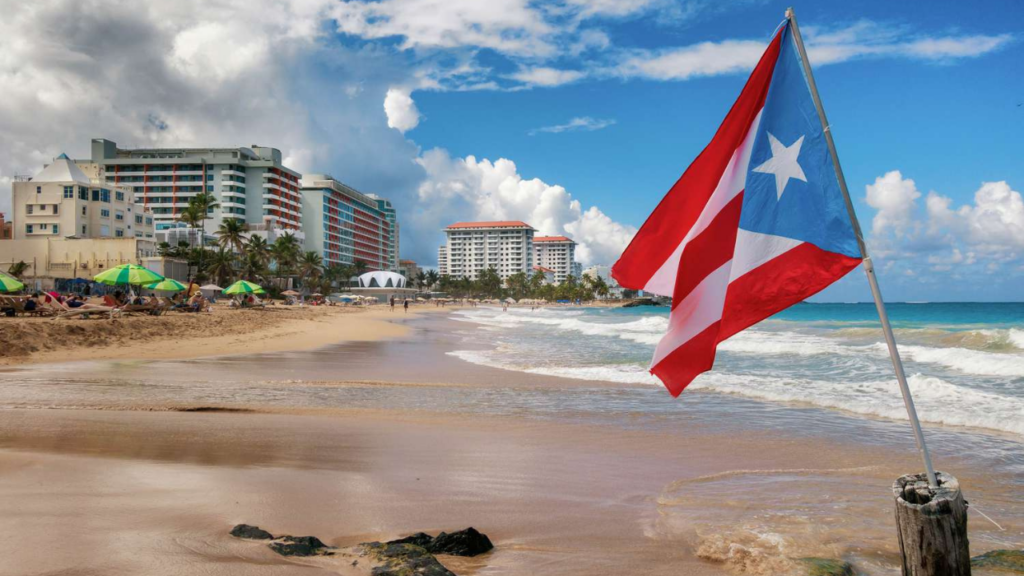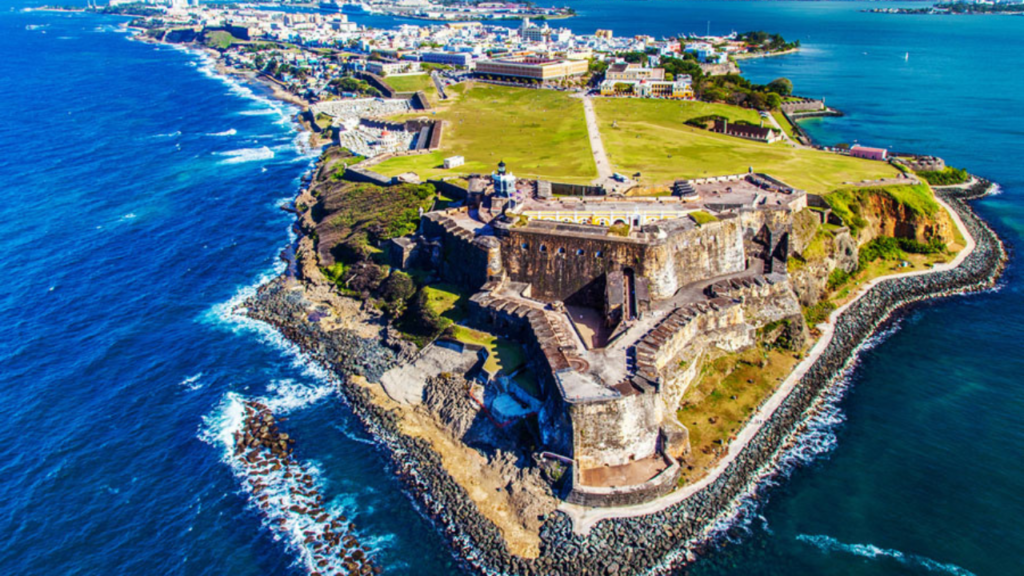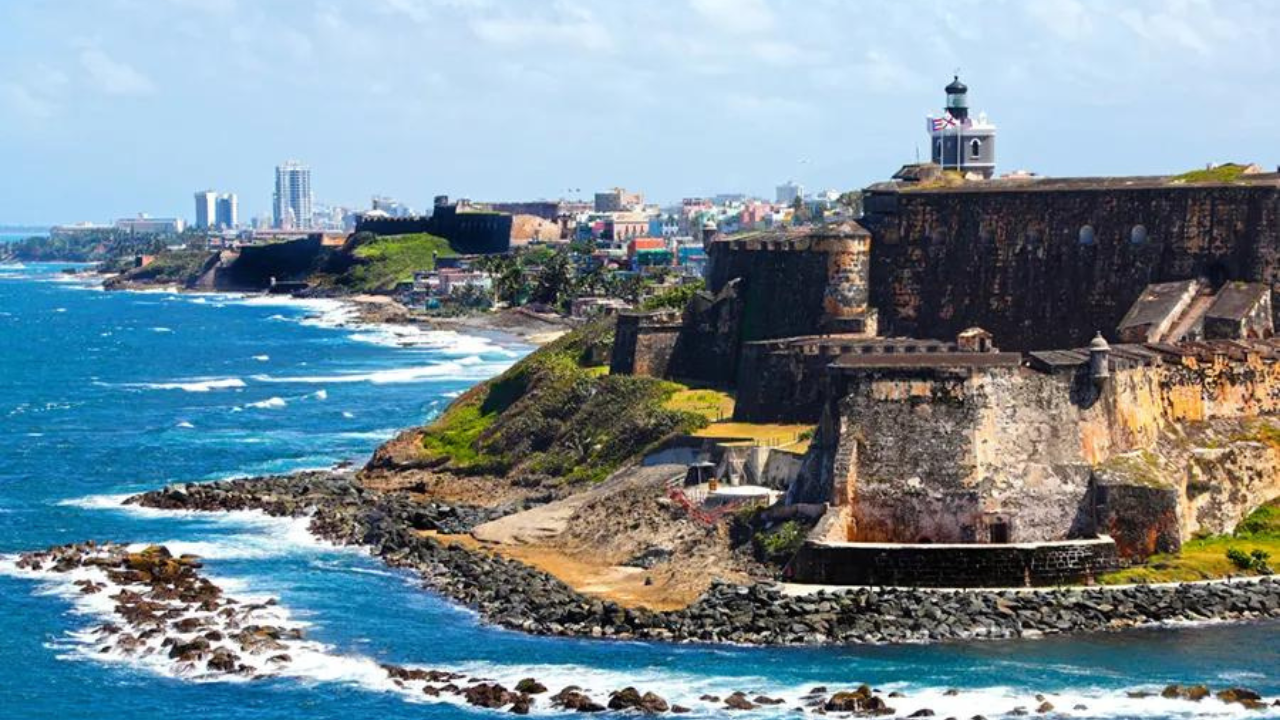Puerto Rico, a tropical paradise in the Caribbean, is a popular destination for travelers seeking beautiful beaches, vibrant culture, and historic attractions. If you’re planning a trip to Puerto Rico, it’s essential to understand the passport requirements based on your citizenship status. In this article, we will discuss the differences between domestic and international travel to Puerto Rico, outlining the necessary documentation for each scenario.
Table of Contents
Understanding the Legal Status of Puerto Rico

Before delving into passport requirements, it’s crucial to understand the unique legal status of Puerto Rico. Puerto Rico is an unincorporated territory of the United States, which means it is considered part of the U.S., but it doesn’t have the same status as a state. This distinction affects the passport requirements for travelers visiting Puerto Rico.
Traveling to Puerto Rico as a U.S. Citizen
Domestic Travel
As Puerto Rico is a U.S. territory, travel to Puerto Rico from the mainland United States is considered domestic. This means that if you are a U.S. citizen traveling from any state or other U.S. territories, you are not required to present a passport for entry into Puerto Rico. Instead, you can use any valid government-issued photo identification, such as a driver’s license or an enhanced identification card (EIC), which is available in select states.
Identification Requirements
To ensure a smooth travel experience, it’s advisable to carry a valid form of identification even though a passport is not mandatory for domestic travel. While a driver’s license is commonly used, consider obtaining a REAL ID-compliant driver’s license or an EIC if you reside in a state offering these options. These forms of identification adhere to federal standards and are recognized as valid identification for domestic flights.
Documenting U.S. Citizenship
While a passport is not required for U.S. citizens traveling domestically to Puerto Rico, carrying proof of citizenship is highly recommended. This can include a certified copy of your birth certificate, a Consular Report of Birth Abroad, a Certificate of Naturalization, or a U.S. passport card. These documents can serve as backup identification in case of unforeseen circumstances or emergencies.
Traveling to Puerto Rico as a Non-U.S. Citizen

International Travel
If you are a non-U.S. citizen or a foreign national traveling to Puerto Rico, you are subject to international travel requirements. This means you must follow the guidelines set by U.S. Customs and Border Protection (CBP) for entering the United States.
Visa Requirements
Before traveling to Puerto Rico, non-U.S. citizens must determine their visa requirements. Depending on your country of citizenship, you may need to obtain a visa before entering the United States, even if your ultimate destination is Puerto Rico. It’s essential to check the U.S. Department of State’s website or consult with the nearest U.S. embassy or consulate to understand the visa requirements specific to your situation.
Documenting Non-U.S. Citizenship
Non-U.S. citizens traveling to Puerto Rico must carry a valid passport from their country of citizenship. The passport should be valid for at least six months beyond the intended period of stay. Additionally, travelers may be required to present a valid visa, as mentioned earlier, and any supporting documentation requested by CBP, such as an ESTA approval for eligible Visa Waiver Program countries.
Important Considerations

Traveling with Minors
If you are traveling with minors to Puerto Rico, regardless of your citizenship status, it’s important to carry appropriate documentation for the children. U.S. citizens should have a copy of the child’s birth certificate or another proof of citizenship, such as a passport or Consular Report of Birth Abroad. Non-U.S. citizens should have a passport for each child, along with any required visas.
Special Circumstances
In some cases, special circumstances may affect the passport requirements for travel to Puerto Rico. For instance, individuals with certain criminal convictions or those who are subject to ongoing legal proceedings may face additional travel restrictions. It’s advisable to consult with the relevant authorities or legal professionals to determine the specific requirements based on your situation.
Dual Citizens
If you hold dual citizenship, meaning you are a citizen of both the United States and another country, you have the option to travel to Puerto Rico using either your U.S. passport or the passport from your other country of citizenship. However, it’s recommended to carry both passports to facilitate a smoother entry process.
Conclusion
In conclusion, the passport requirements for traveling to Puerto Rico depend on your citizenship status. U.S. citizens traveling from the mainland United States can visit Puerto Rico using a valid government-issued identification, such as a driver’s license. Non-U.S. citizens must adhere to international travel requirements, including carrying a valid passport and potentially obtaining a visa. Regardless of your citizenship status, it’s important to stay informed about any updates or changes to the entry requirements by referring to official government sources or contacting relevant authorities.



